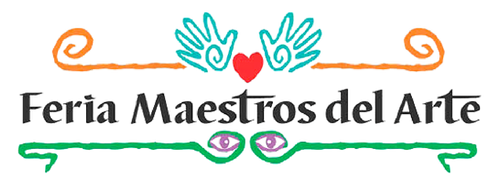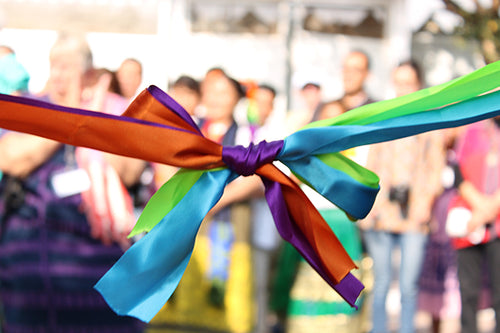
Juan José Horta Ramos, Tocuaro, Michoacán
On December 19, 2006, Mexico lost a great artist and an even finer human being. Juan Horta Castillo, a good friend and one of the finest artisans in Mexico passed away of a heart attack.
Juan was the first artist I ever invited to attend Feria Maestros del Arte in 2001 and has attended every show since. His wife, Enedina, and two of their sons stayed in my home and we became fast friends over the last five years. Juan was something very special and I will miss his sparkling eyes and the huge bear hugs he would give me whenever I visited them in Tocuaro, Michoacán.
One of the maestro’s sons, Juan José, although having only one arm, amazingly carves fantastic masks. He lives in Tocuaro, Michoacán with his family, where he continues to carry on his father’s legacy.
Mask making has been a tradition for centuries in Mexico. During pre-Hispanic times the Aztecs used masks as part of their religious ceremonies. After the Spanish Conquest, Christian traditions were incorporated into the folk art of mask making.
In the past, masks were worn in ritual dances and used by the dancers to represent persons or animals; the dance’s purpose was to tell a story in which the desired result was achieved through the magic of imitation. Masks are usually made of wood, with leather, bone, and often with genuine hair and teeth. They may also be fashioned from other materials such as animal shells and tin. The masks can be painted, lacquered, or left in a natural state.
The art of mask making demonstrates imagination, fantasy, and great folk art decorative and creative talent. Mask making and dances for which they are used, are an integral part of indigenous Mexico and are handed down from generation to generation, and are a source of pride to individuals as well as to their communities.
Morelos #17
Tocuaro, Michoacán
434 116 0501 WhatsApp
Instagram @mascarashorta

